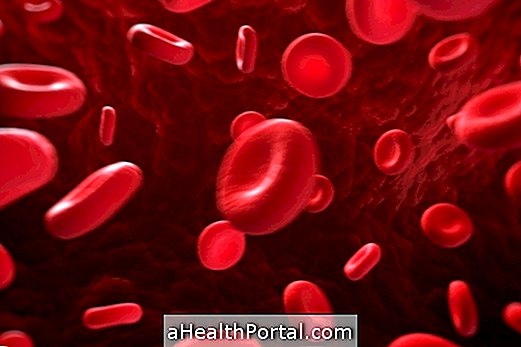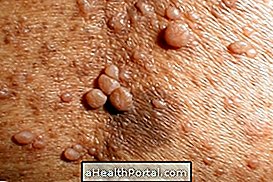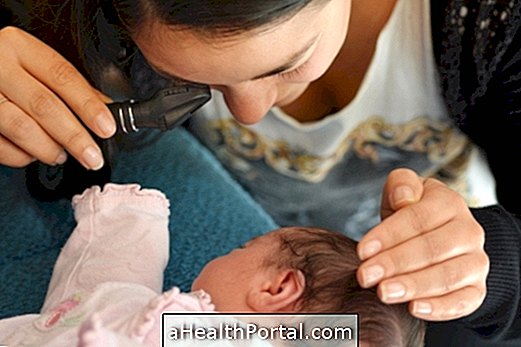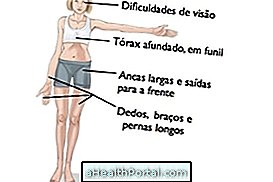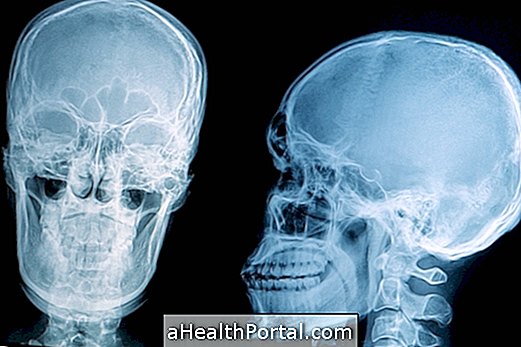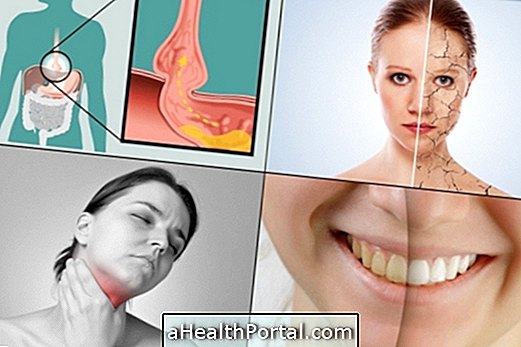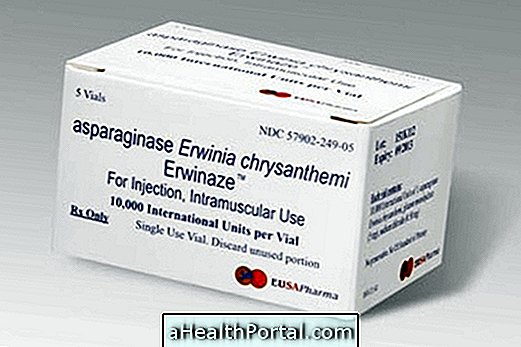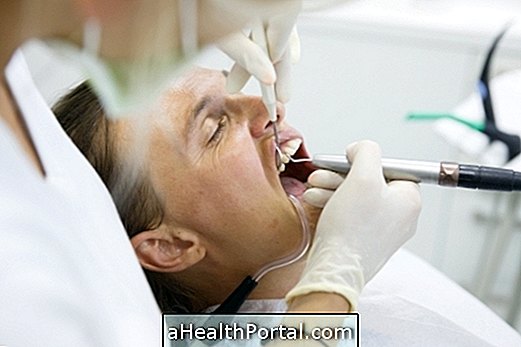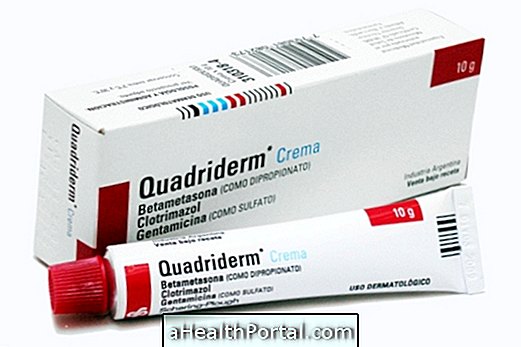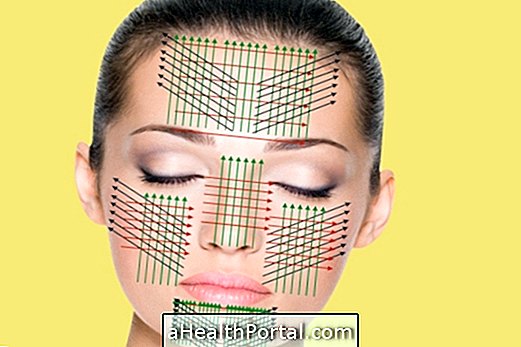Tourette's syndrome is a neurological disease that causes impulsive, frequent and repeated acts, also known as tics, that can make life difficult for the person and his family due to embarrassing situations.
Tourette Syndrome tics usually appear from 7 to 11 years of age with simple motor tics, such as blinking of the eyes or movements of hands or arms, which then worsen, with repeated words, sudden movements and sounds like barking, grunting, shouting or swearing, for example.
Some patients are able to suppress some of the tics with difficulty, but others find it difficult to control them, especially during situations of emotional stress, which may hamper their school and professional life. One of the common consequences is isolation, which causes intense suffering.

How is the treatment done?
Treatment for Tourette Syndrome should be directed by a neurologist and is usually only started when the symptoms of the disease affect the patient's daily activities or endanger his or her life. In such cases, treatment may be done with:
- Neuroleptic medications : such as Haloperidol or Pimozide, which block neurotransmitters in the brain responsible for the onset of tics;
- Antidepressants: like Fluoxetine, which reduce the symptoms of sadness and anxiety that can cause tics;
- Botox Injections: These are used in motor tics to paralyze the muscle affected by movements, reducing the onset of tics. Learn how botox works here.
- Adrenergic inhibitor medications: such as Clonidine or Guanfacine, which help control behavioral symptoms such as impulsivity and anger attacks, for example.
However, these remedies do not treat all types of Tourette Syndrome tics, so it may also be important to consult a psychologist or psychiatrist for psychotherapy or behavioral therapy sessions where you are trained to control the tics of the disease.
Tics usually disappear when the person is asleep, drinking alcohol or an activity that requires great concentration as in a game of paintball, and worsen in situations of stress, fatigue, anxiety and excitement.
How to Identify Tourette's Syndrome
Symptoms of Tourette Syndrome are usually first observed by teachers who observe that the child begins to behave strangely in the classroom. Some of these signs and symptoms may be:
Motor tics
- Blink of an eye;
- Tilt your head;
- Shrug your shoulders;
- Touching the nose;
- To make faces;
- To move the fingers of the hands;
- Make obscene gestures;
- Chutes;
- Shake the neck;
- Knock on the chest.
Vocal tics
- Whining;
- Hiccup;
- Shout out;
- Spit;
- Cackling;
- To moan;
- Howl;
- Clear throat;
- Repeat words or phrases;
- Use different tones of voice.
These symptoms arise repeatedly and are difficult to control, and in addition, they can happen during sleep, evolve to different tics over time or worsen in situations of illness, stress or anxiety. Generally, tics appear in childhood but they can occur until the age of 21.
To get to the diagnosis of this disease the doctor may have to observe the pattern of repeated movements, which happen several times a day, practically every day of a year or longer. No specific tests are needed to identify this disease, but in some cases the neurologist may request MRI or CT scans, for example, to see if there is a possibility of another disease.

Does Tourette Syndrome Have Cure?
True Tourette Syndrome has no cure, but can be controlled with proper treatment that may include the use of medicines and psychotherapy, for example, allowing you to lead a normal life. Already, the hysterical Tourette Syndrome tends to disappear and the person is completely cured.
Causes of Tourette Syndrome
This syndrome is a genetic disease, more frequent in people of the same family and it is still not known exactly what its specific cause. There are reports of people being diagnosed after a head injury, but infections and heart problems are also more common in the same family. Over 40% of patients also have symptoms of obsessive compulsive disorder or hyperactivity.
Does the child need to stop studying?
The child diagnosed with Tourette Syndrome does not have to stop studying, because it has all the capacity to learn, like all the others that do not present this syndrome. The child may continue to attend normal school without the need for special education, but talk to the teachers, coordinators and principals about the child's health problem so that they can positively assist in their development.
Keeping teachers, classmates and parents informed about the symptoms and treatments for this syndrome helps to understand the child, avoiding the isolation that can lead to depression. Medications may be helpful in helping to control tics, but psychotherapy sessions are also a key part of treatment because the child knows about his health problem and can not fully control it, often with feelings of guilt and inadequacy .
